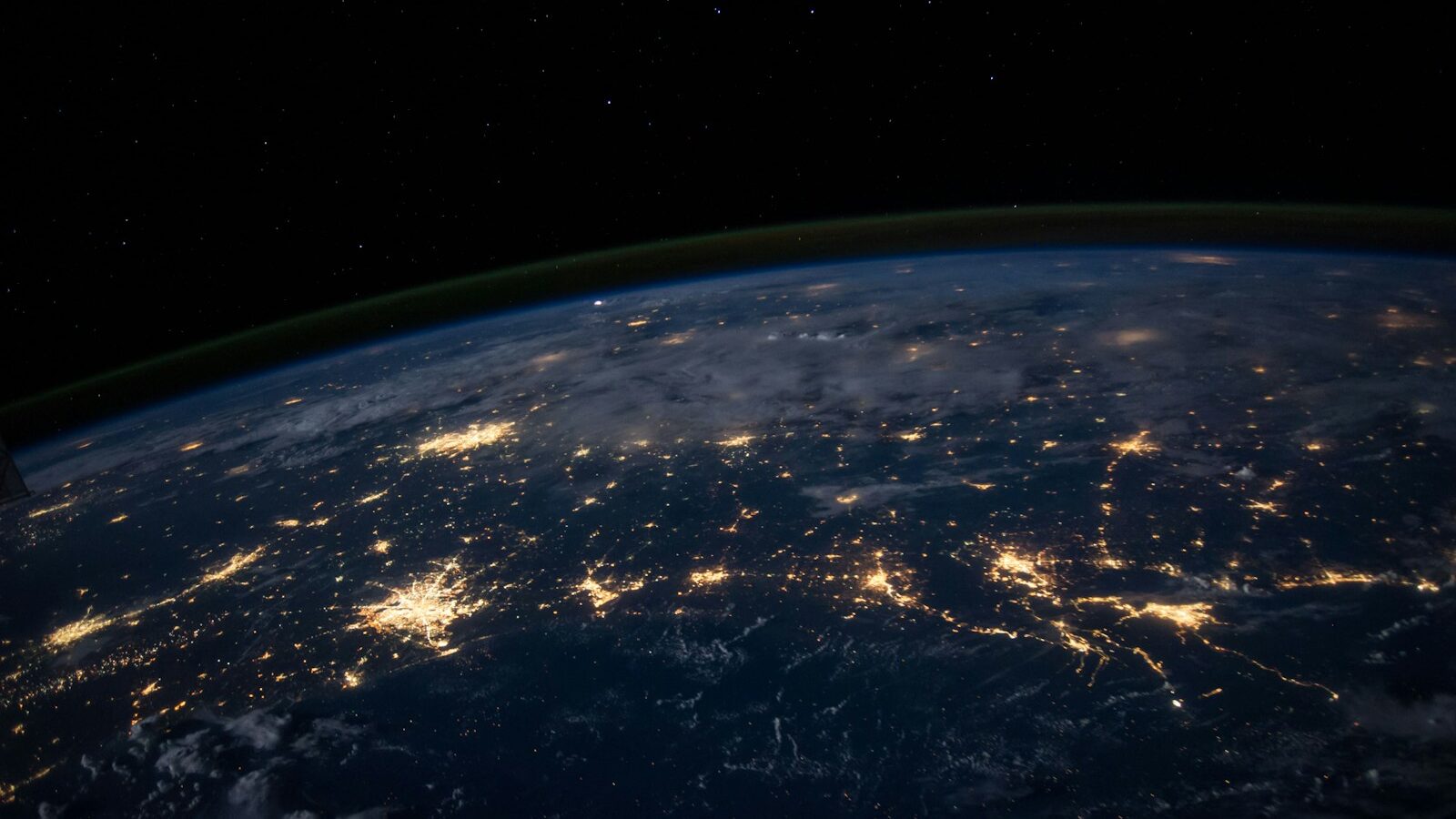Envision: Reimagining Coaching for an Ecosystem Future
Explore the future of ecosystem-centered coaching by reimagining how interconnected systems—human, technological, and environmental—shape well-being. Understanding an ecosystem perspective can help coaches prepare for the evolving coaching landscape to support personal and collective growth.
Discover the Full Series: This article is part of the series “Ecosystem-centered Coaching: Futures Thinking for Real-World Impact“, designed to prepare coaches for what lies ahead. Continue your journey:
Technology as a Driver of Change
Experts are generally optimistic about the future of technology as a driver of change. The human-centered technology trend has already deeply influenced daily life and social systems through global hyperconnectivity powered by 207 billion IoT devices and artificial intelligence. Personalized experiences are now commonplace, as wearable tech continues to grow.
Focusing solely on human-centered design limits the potential for broader innovations that can transform entire systems. In the next decade, moving beyond human-centric technology models to an ecosystem perspective can produce richer insights by integrating the influences of the broader ecosystem.
In the next decade, ecosystem thinking will evolve from human-centered technology to integrate environmental awareness, digital literacy, and systemic thinking into daily life. Coaches will help clients understand how their actions ripple through interconnected systems by leveraging data from IoT devices, AI insights, and environmental metrics. Ecosystem-centered coaching will provide a holistic view of well-being beyond individual concerns to contribute to the health of communities and the planet.
Future Scenarios for Ecosystem-centered Coaching
Futures scenarios offer insights into possible futures to illustrate how coaching might evolve by embracing a broader, ecosystem-centered view.
Scenario 1: AI as a Coaching Co-Pilot
In this future, AI will function as a coaching partner. By analyzing biometric data, AI offers insights into environmental conditions, work-life balance, and emotional well-being. Coaches work with clients to align their personal health data with social and environmental factors, promoting balance between individual and ecosystem well-being.
The Future Client in an AI-Enhanced Ecosystem
Future client Sarah, a tech executive, uses AI to track her daily stress levels, sleep patterns, and carbon footprint. With her coach, she reviews insights from her wearable devices and environmental apps, identifying how her work habits and lifestyle impact both her well-being and the broader ecosystem. Her coach helps her develop strategies to reduce stress while lowering her environmental impact, integrating her personal and ecological goals.
Scenario 2: Coaching in a Symbiotic World
In a symbiotic future, coaching evolves a model where clients, technology, and the environment function as a unified system. AI, biometrics, and environmental data converge to create coaching solutions that integrate individual well-being, collective well-being, and ecological responsibility.
The Future Client in a Symbiotic Coaching World
In this world, future client Alex, a creative entrepreneur, seeks to align his business goals with his ecological values. His coach uses real-time data from environmental sensors and AI-generated forecasts to help Alex make decisions that balance profitability with sustainability. By incorporating these tools, Alex can see how his choices benefit him and contribute to global well-being.
Implications for Coaches: Preparing for an Ecosystem-Centered Future
Coaches can prepare for this future by expanding their focus beyond individual clients to consider the wider ecosystem, including environmental factors, technology, and societal systems. Critical implications for coaching in this future include:
- Coaches will collaborate with AI systems, using data from IoT devices, biometrics, and environmental sensors to provide clients with more comprehensive insights. New ethical considerations will arise, particularly around balancing individual and collective responsibilities.
- Coaching will emphasize the interconnectedness of personal, social, and environmental well-being, shifting from treating these as separate domains.
- Coaches will increasingly help clients anticipate and prepare for future scenarios, considering long-term impacts on individual lives and the broader ecosystem.
- The future of coaching will involve more collaboration with other professionals—environmental experts, technologists, and health practitioners–to provide holistic support that integrates multiple dimensions of well-being to clients.
Looking Ahead: Building an Ecosystem Vision
Envisioning the future of coaching begins with imagining how coaching can empower individuals and communities in an interconnected world. By embracing ecosystem thinking, you can help clients dream big, align personal growth with collective well-being, and prepare for a future shaped by shared responsibility and collaboration.
Reflection and Next Steps
In the next article of this series, explore how new technologies and trends are shaping the future of ecosystem-centered coaching. Learn practical ways to prepare for the changes ahead in “Anticipate: Emerging Technologies for Ecosystem-centered Coaching.”




